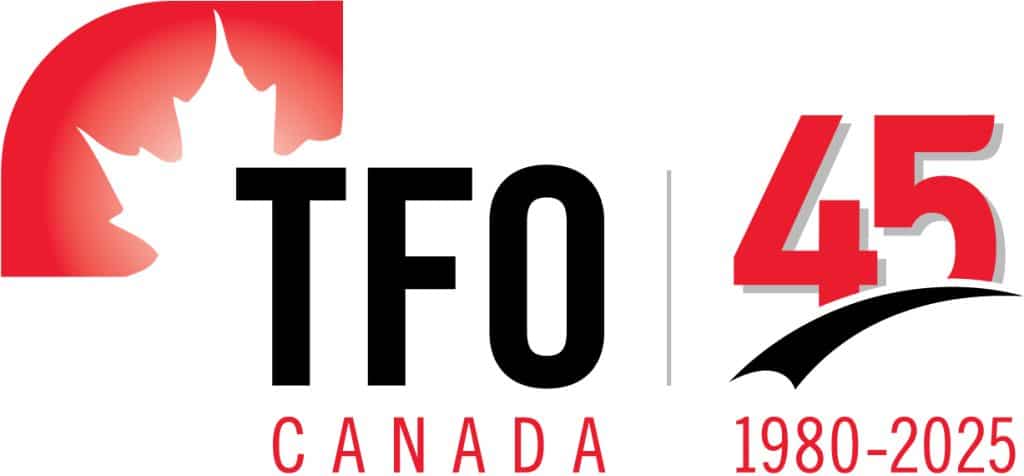Quality control is increasingly being outsourced
“In the past, many importers and exporters of fresh produce had their own quality inspection departments. Today however, quality control operations and its data generation are often outsourced to a specialized company that has the knowledge and resources to ensure inspections are done accurately. This is a development that is witnessed around the globe. “Today, we handle quality control of about 350 million boxes of fresh produce from all origins annually,” says Manuel Alcaino with Decofrut. The company was established 34 years ago and has four locations in the United States, but is also present in Peru, Chile, Brazil, Mexico, South Africa, France, the Netherlands, the UK, Italy, Spain, Taiwan, China, Korea, and the Middle East. “We consider ourselves a world leader in quality control,” added Alcaino.
Quality control can be broken down into two areas. First of all, it is for fruit that is being picked. “On a daily basis, we sample the fruit, grade it, and make sure the tolerance levels for quality are being complied with.” This basically applies to fruit that is coming from the field and in the process of being packed. The other area of quality control is related to finished product. “This is product that is in the process of being received by importers at destination markets.”
Paperless inspections
“One reason many companies have shifted to outsourcing quality control is that needs of buyers have increased over the years, which has made consistent quality control more important and challenging. “In addition, we have the ability to bring well-trained people to the job,” said Alcaino. “We know where to recruit talent and all our inspectors are trained internally.” In addition, for many growers and shippers, quality control is a seasonal job and seasonality makes it defiant to find enough people to do the job. Decofrut is able to offer their inspectors a year-round job with stability. “Apart from the workforce, specializing in quality control has enabled us to offer inspection software that is second to none.”
This software allows all inspections to be done with an APP that feeds a database system. Reports, graphs and online updated analysis can be extracted from the database through Power BI and all inspections are fully paperless as a result. Another benefit of the software is that it connects different applications through API´s, without human intervention. “It tremendously helps importers in selecting the right fruit for the right customer. Let’s say there are 100 pallets of fruit and one customer ordered 20. Which 20 pallets do you pick to send to that customer? Doing it rightly makes the difference between failure and success.”
Decofrut inspects mostly subtropical fruits, among which, grapes have the lead, as well as melons, blueberries, stone fruit, kiwis, apples, pears and a huge number of vegetables. In addition, the company also inspects tropical fruit commodities like mangos, avocados, citrus and pineapples.
Stowage certification
In addition to quality control, Decofrut started a storage certification service about ten years ago, called Safe Cargo. “A container is well designed for logistics, but is weak in temperature control,” said Alcaino. Often samples are taken next to the door, which is the warmest place in the container and with these samples, the quality of the entire container is judged. The stowage certification service seeks optimal cold air distribution inside of the container, ensuring better fruit arrival at the point of destination.
“We assist the shipper how to place the fruit in the container according to our stowage protocols and then certify the process, which includes taking pictures of the complete process.” Decofrut’s certification service has reduced the number of temperature claims by more than 50 percent as fruit travels under better circumstances and arrives in much better condition. On an annual basis, the company certifies about 25,000 to 30,000 containers in Chile and roughly 10,000 in Peru.
“We are now in the process of making this concept more widely available around the globe.” The US market for instance has traditionally been more local as a lot of produce is sold in the domestic market. “However, we are seeing increased interest to use storage certification for California grapes that are exported around the globe. In the US, demand for Safe Cargo services is growing faster than we can sustain.” In Canada, interest is growing for cherries and demand is also picking up for avocados from Mexico and citrus, grapes, and stone fruit from Spain.”
*This article is excerpted from freshplaza.com website, published 23rd January 2023
